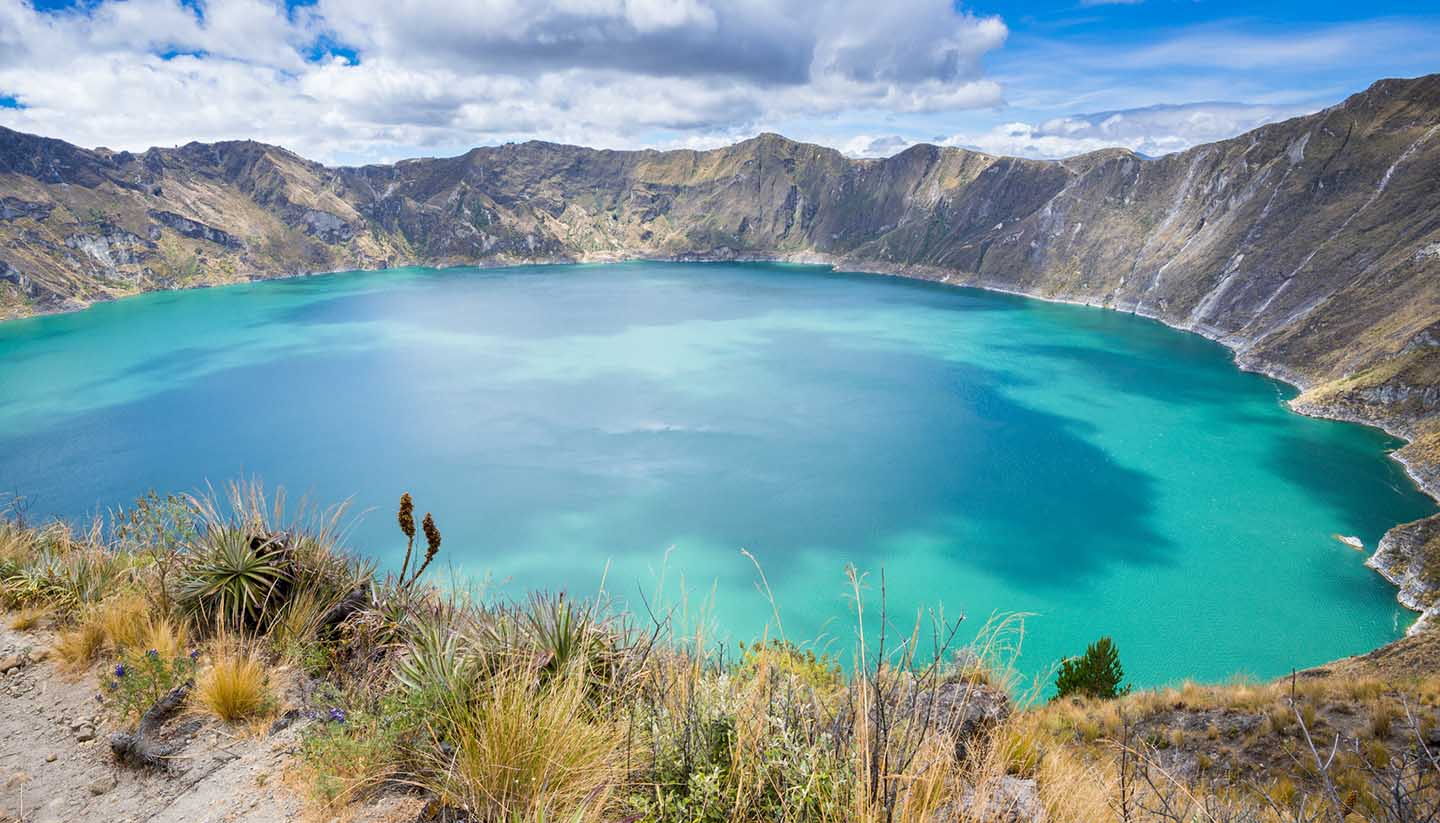Ecuador: Doing business and staying in touch
Doing Business in Ecuador
Dress in Ecuador is usually smart and conservative, punctuality is important, and greetings are made with a handshake. If possible, have business cards printed in English on one side and in Spanish on the other. Present the card with the Spanish side facing your Ecuadorian colleague. Fine wines and liquors make good gifts (avoid lilies and marigolds, which are used at funerals).
Lunch is the usual business meal. Ecuadorians are used to alcohol with lunch. Women should note that while it is acceptable to drink wine, Ecuadorians are not accustomed to seeing a woman drink whiskey or other hard liquor. If a businesswoman wishes to pay for an Ecuadorian man's meal, arrangements should be made in advance; otherwise the man will refuse to let her pay. Business hours are usually Mon-Fri 0830-1630, with some businesses closing during lunch.
Office Hours
Mon-Fri 0830-1630.
Economy
Following economic crisis and poverty, the adoption of the US Dollar (in 2000) stablised the nation's economy. However, 33% of the population are still below the poverty line (2010). Growth has been slow but steady, at 3.6% in 2010 and 6.5% in 2011, with unemployment for 2011 at 4.2% and inflation at 5.4%.
Ecuador has substantial petroleum resources, which has earned more than a half of the country's export revenue in recent years. It is the world's largest exporter of bananas and also grows coffee, cocoa, palm oil and sugar in significant quantities.
Fishing is another important sector: seafood exports have expanded rapidly to the point where Ecuador is now the world's second-largest producer of shrimps. The mining sector produces gold, silver, copper and other metals.
Ecuador is a member of the World Trade Organisation. In recent years, the country's increasing oil revenues have largely been devoted to paying off the country's substantial foreign debt. Ecuador is a member of the main regional integration bodies: the Andean Union and Asociación Latinoamericana de Integración (ALADI).
GDP
US$65.9 billion (2011 estimate).
Main exports
Petroleum, bananas, coffee, cacao, cut flowers and shrimp.
Main imports
Industrial materials, nondurable consumer goods, fuels and lubricants.
Main trading partners
USA, Panama, Peru, Venezuela, Colombia, China
Keeping in Touch in Ecuador
Telephone
Public phone boxes are scarce at present, but telephone offices can be found everywhere and are cheaper. Also, cellular public phones can be used with a pre-paid card.
Mobile Phone
Mobile phone service is provided by three private companies: ALEGRO, Movistar and Porta. Coverage is variable. Prepaid SIMs designed specifically for tourists are available from CNT (www.cnt.gob.ec).
Internet
Internet access is broadly available, especially in Quito where there are a number of internet cafes. They are used by both tourists and locals alike. Both the cost and speed of usage vary considerably, with the best service available in cities such as Quito, Guayaquil and Cuenca. Wi-Fi is increasingly available in hotels and some public places.
Media
Under the Ecuadorian Constitution, journalists are given freedom of speech. However, the seizure of three private TV journalists and one radio journalist by the government in July 2008 prompted many concerns. Defamation in Ecuador is punishable by prison sentences of up to three years. By law, the government is given free air time on radio and TV.
Daily newspapers include El Comercio, El Tiempo and La Hora, with regional editions. There are two English-language newspapers, Inside Ecuador and Q, though both are published irregularly. International newspapers and magazines are available at international airports, main post offices and in some bookshops. The national commercial television station is TC Television; other stations include Ecuavisa, Gamavision, ETV Telerama and Teleamazonas. Radio Sucre provides news and information, whilst Cadena Radial Ecuatoriana (CRE) is a Guayaquil-based commercial network and Radio Nacional del Ecuador is government owned. Radio Centro is privately owned.
Post
Post in Ecuador is not especially reliable; airmail to Europe and the USA takes anything from a week to a month, while incoming deliveries are even less certain. Courier companies are the only viable alternative.
Post Office hoursMon-Fri 0800-1800, Sat 0800-1200. Shorter hours are likely in rural areas.


